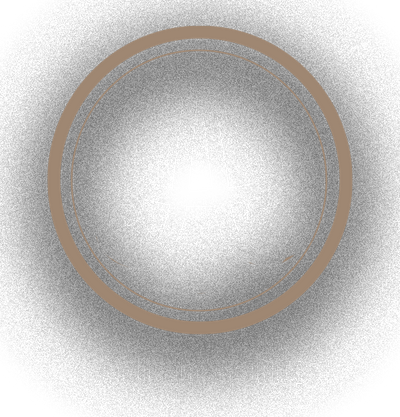Distilling Process



The first fundamental raw material is the sugar source. In most cases the source of sugar determines the type of spirit that will be produced. Whiskeys, for example, start with a sugar sourced from the starch in cereal grains (refer to step 3 to learn how starch becomes sugar). The style of whiskey is also largely dependent on which grains, or combination of grains, are chosen; for instance, Bourbon is a mixed-grain whiskey dominated by corn, while malt whiskeys are produced exclusively from malted barley. Other spirits such as Brandies are produced from grapes and fruit, Rum is made from sugar cane or sorghum molasses, and Tequila is made from the sweet nectar of the agave cactus. Vodka, while popular belief suggests is only made from potatoes, can actually be made from any source of sugar, including grains, fruit, or molasses. At CAS-Distillery, a variety of local sugar sources are used to create various different spirits.

The second fundamental raw material, is water. Spirits are commonly 60% by volume, water, as such a good spirit cannot be made from bad water. At CAS the water used in making our spirits is ultra-purified using a sophisticated 7 stage treatment process. This level of treatment creates nearly pure H2O, to which natural minerals are added, carefully adjusting the amount of each mineral to suit the spirit being distilled.

The third fundamental raw material, is the yeast. Yeast, not only creates the alcohol in spirits, but also contribute in large part to the flavors associated with each spirit. Proprietary yeast strains are carefully selected, to create unique flavor profiles for each spirit.

